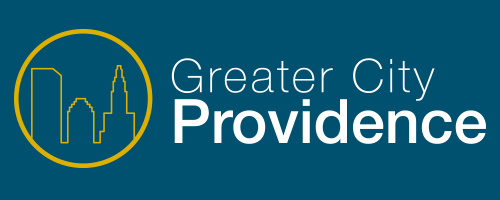The Atlantic Cities: Why is a Patent Troll in Luxembourg Suing U.S. Public Transit Agencies?
Dowell Baker, a law firm specializing in patent litigation in Lafayette, Indiana, finds companies to target in a couple different ways. The firm’s client, ArrivalStar, holds 34 U.S. patents, all related to the idea of tracking a vehicle in motion and then alerting people, through some communications device, of when it may arrive or whether it’s running late. As you might imagine, many entities – airlines, school buses, freight-tracking services, package-delivery companies – do something quite similar to this. And Dowell Baker believes they’re all infringing on these patents.
The firm scours for potential infringers on the Internet. Sometimes, companies that have already been sued by ArrivalStar – and now license its patents – will tip off the firm to its competitors. And then there are the really easy targets: public transit agencies. They’re quite public about the cell phone apps and notifications that you can sign up for, as a rider, to keep tabs on buses and trains. And so Dowell Baker signs up for them, too.
Miller-McCune: Megacity Century: Far-Off Problems Come Home
In one lifetime – the period from 1950 to 2015, as projected by the United Nations – the population of Lagos went from 1 million to 25 million; Dhaka, from 400,000 to 22.8 million; and Kinshasa, from 200,000 to 10.5 million. These are among the places the authors of the new book The Real Population Bomb describe as “Category 5 Megacities.”
In a riff on Paul Ehrlich’s 1968 classic, Peter Liotta and James Fiskel argue that exponential urban growth is a danger to human survival. The problem is not overpopulation per se – after all, the world’s biggest city, population-wise, is Tokyo – but massive suffering and chaos in places where corruption, poverty, and mismanagement reign.
DC.Streetsblog: Five Ex-Secretaries Map Out a Communications Strategy For Transportation
If 80 percent of the American people agree that federal infrastructure investment will create jobs, and two-thirds say better infrastructure is important, why is the call for a robust transportation bill being made in whispers? And why is Congress already two and a half years late in producing one?
There are many political reasons – from the earmark ban to wariness of “Bridge to Nowhere” projects to the anti-spending frenzy that’s taken over the House – that it’s been a tough time to pass a transportation bill. But five former U.S. Secretaries of Transportation have said that the voice for change has to be louder. They released a reportyesterday, with the University of Virginia’s Miller Center, calling for a new communications strategy.
Slate: Why Don’t Conservative Cities Walk?
Reading Tom Vanderbilt’s series on the crisis in American walking, I noticed something about the cities with the highest “walk scores.” They’re all liberal. New York, San Francisco, and Boston, the top three major cities on Walkscore.com, are three of the most liberal cities in the country. In fact, the top 19 are all in states that voted for Obama in 2008. The lowest-scoring major cities, by comparison, tilt conservative: Three of the bottom four|Jacksonville, Oklahoma City, and Fort Worth|went for McCain. What explains the correlation? Don’t conservatives like to walk?




Add comment